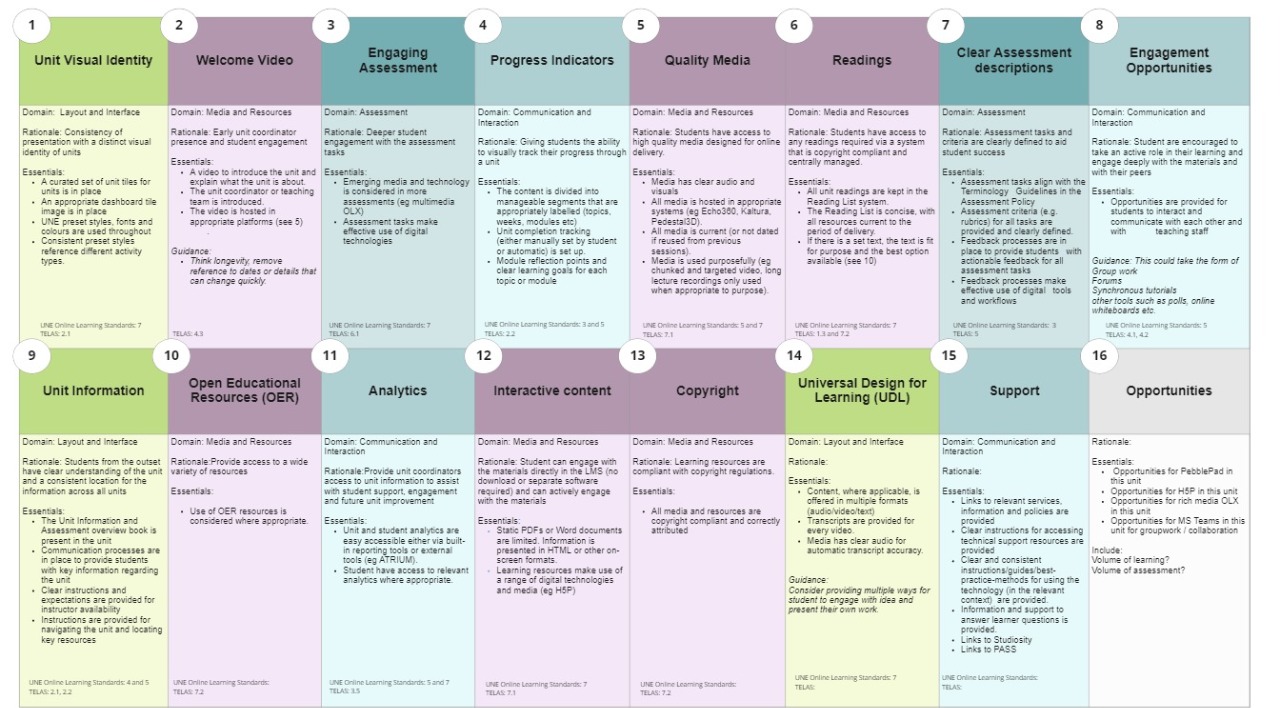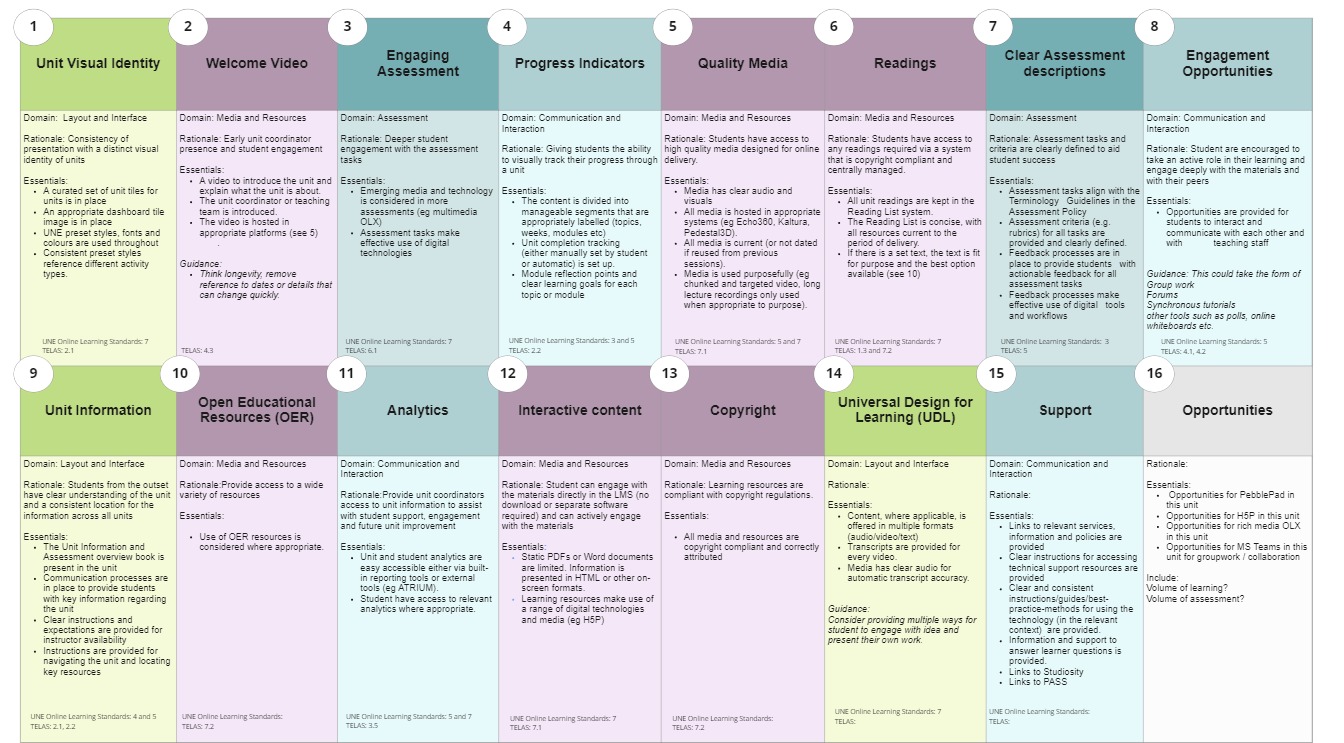

This element focuses on how we can use media and technology to provide stimulating, authentic and engaging assessments.
Assessment is an essential aspect of university learning. It is not uncommon for assessment to be the first place that students navigate to when starting a new unit. The aim with this element is to ensure that assessment practices are utilising developments in media and technology in the development of assessments that adequately support and measure unit learning objectives.
Furthermore, this is an opportunity to unit coordinators to review assessment practices to ensure that they are authentic, reflect contemporary learning and profession related practices or requirements, are stimulating, engaging and promote student curiosity and inquiry. This element supports unit coordinators in the design of innovative, bespoke assessments – taking some supported risks in trying something new.
Traditional forms of assessment focus on scientific principles that seek to be objective and are seen to be separate from learning and built on uniformity and fairness (Shepard 2000). Traditional tests, meaningless essays and research projects that do not have significance outside of the classroom reinforce surface learning and memorisation (Gardner 1997). Boud’s extensive work on assessment has found that it drives student learning (Boud & Holmes 1981; Boud 1990, 2000; Boud & Falchikov 2006; Boud & Associates 2010). This article contends that by incorporating authentic assessment tasks and involving students in the process of assessment… we can better engage them in their coursework and better prepare them for the world outside the classroom. (Kearney & Perkins, 2014, p. 3).
This element relates to the following research and practice informed guidelines/ frameworks:
TELAS Guidelines
UNE Learning Standards
Some things you can do include:
Teaching Online @ UNE contains information on assessment design.
Contact the Learning Design team for specific unit related guidance and advice: learningdesign@une.edu.au
Kearney, S. P., & Perkins, T. (2014). Engaging Students through Assessment: The Success and Limitations of the ASPAL (Authentic Self and Peer Assessment for Learning) Model. Journal of University Teaching & Learning Practice, 11(3). https://doi.org/10.53761/1.11.3.2
TELAS Framework https://www.telas.edu.au/framework/
UNE Online Learning Standards: https://myune.sharepoint.com/sites/academic-transformation/SitePages/Principals-for-Designing-Learning-Experiences-Online.aspx
Domain: Assessment
Rationale: Deeper student engagement with the assessment tasks
Essentials:
Standards: